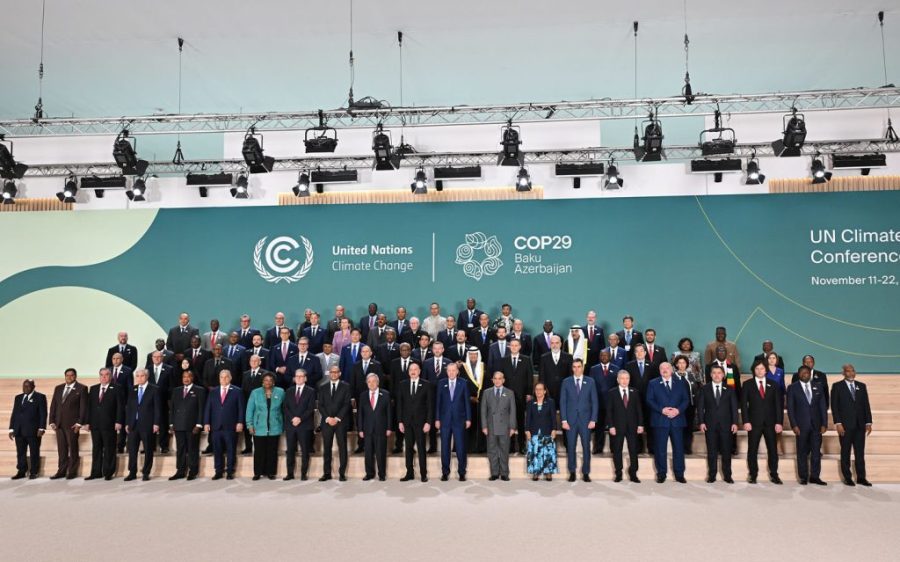Nearly 200 countries agreed to a climate deal this weekend, ending two weeks of bitter, hard-fought negotiations with developed countries agreeing to provide US$300 billion annually by 2035 to poorer countries to help them cope with the increasing threat of climate change, reports CNN.
The contentious deal nearly fell through at the last minute on Saturday when two groups representing some of the most vulnerable nations – the Alliance of Small Island States and the Least Developed Countries – walked out. They later returned, the deal passed, but many remain highly critical. Under the target, the developing world should receive at least US$1.3 trillion a year in funding by 2035 but only US$300 billion of that will come in the form these nations are most in need of: grants and low-interest loans. The rest will have to come from private investors and other sources, none of which have been agreed upon. Economists estimate that the full US$1.3 trillion is needed to help developing countries cope with a crisis they had little role in causing.
“Rich countries spent 150 years appropriating the world’s atmospheric space, 33 years loitering on climate action, and three years negotiating [a financial settlement] without putting numbers on the table,” Claudio Angelo of Observatorio do Clima in Brazil, told the Guardian. “Now, with the help of an incompetent COP presidency and using the forthcoming Trump administration as a threat, they force developing countries to accept a deal that not only doesn’t represent any actual new money but also may increase their debt.”
[See more: The economic cost of climate change may be far higher than previously thoughts]
Criticism of the summit started long before representatives met in Baku. Host country Azerbaijan relies almost entirely on oil and gas, which account for 90 percent of its exports, and COP President Mukhtar Babayev, the country’s environment minister, is a veteran of the state-oil company. At the summit itself, fossil fuel interests were highly visible with more than 1,700 lobbyists or industry players registered to attend, outnumbering nearly all country delegations.
Worse still, the Guardian reports that Saudi Arabian delegate Basel Alsubaity, a member of the energy ministry and lead on the Just Transition Work Program (JTWP), was allowed to edit a negotiating text – a break in the normal practice under which such texts are circulated only as non-editable PDF documents. One of the changes involved the deletion of a section encouraging parties to consider “just transition pathways” in developing and implementing their low emission strategies. According to the UN, a just transition pathway reflects each country’s “historical responsibilities for climate change and environmental degradation.”
Catherine Abreu, director of the International Climate Politics Hub and a COP veteran, told the Guardian, “This kind of behaviour from a presidency [giving one party editing access] risks placing this entire COP in jeopardy.” Such an outcome would benefit Saudi Arabia, which has a “30-year record of … seeking to ensure UN climate talks achieve as little as possible, as slowly as possible,” according to a 2023 report by the Climate Social Science Network.






